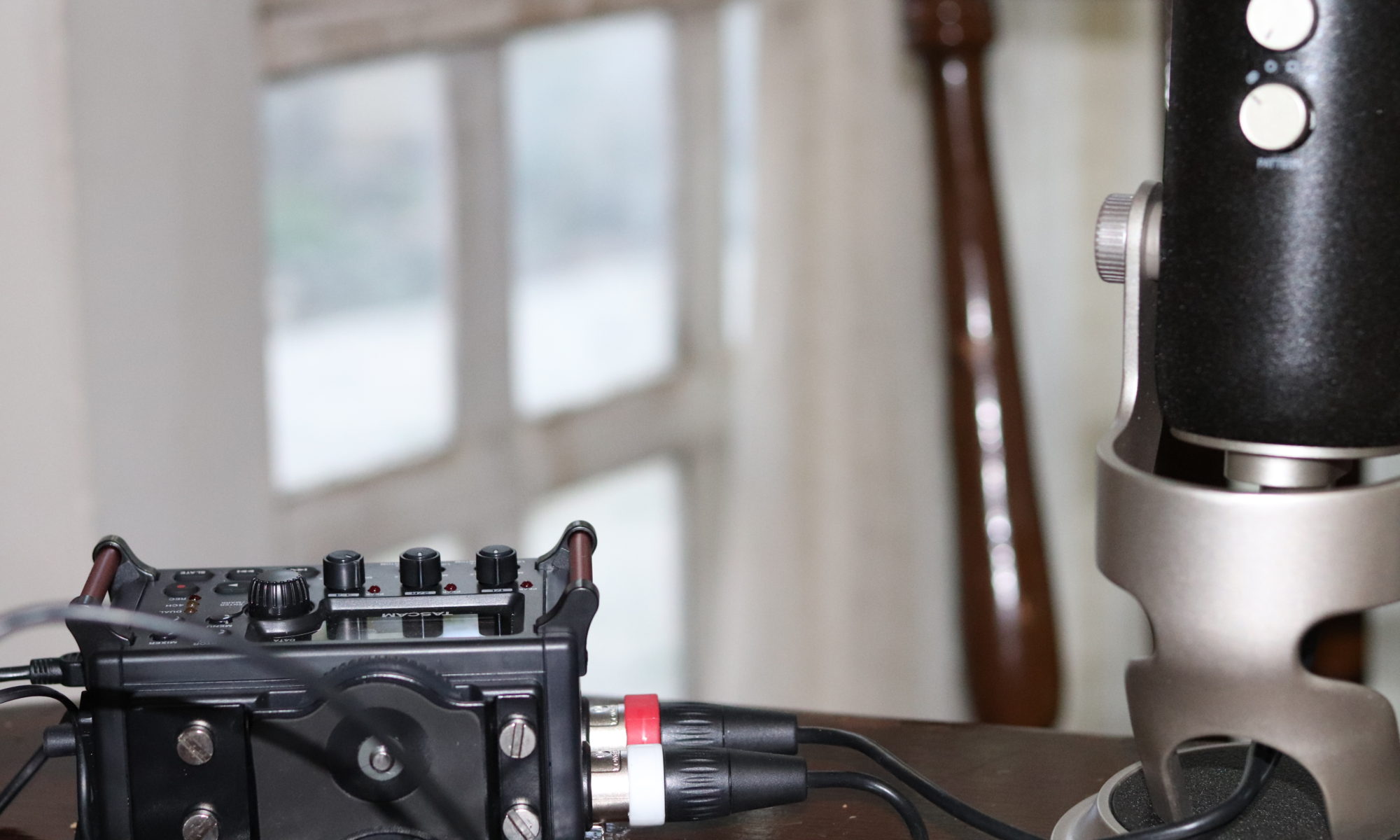Ikkyu and the Crazy Cloud Anthology: A Zen Poet of Medieval
Japan (Unesco Collection of Representative Works. Japanese Series)
Crow With No Mouth : Ikkyu : Fifteenth Century Zen Master (Paperback)
“Only one koan matters,” Ikkyu writes, “you” (p. 67). “Believe in the man facing you now” (p. 21). While meditating on a boat when he was 27, Ikkyu Sojun–also known as “Crazy Cloud” (1394-1482), was enlightened when he heard a crow call (p. 9). As a Zen Master, he was considered sort of an eccentric rake (p. 13), and he never pretended to be much else. He loved sake. He loved women. “The crow’s caw was ok,” he writes (p. 58), but “a woman is enlightenment” (p. 64). Ikkyu scandalized his Zen community, and his poetry will offend many readers today as well. “Look me up if you want to,” he writes, “in the bar whorehouse fish market” (p. 40).
These poems are “frank, naked, sincere” (p. 15), and full of vivid imagery of “erotic renewal” (p. 13). It’s enough to say for purposes of this review, Ikkyu lives “in a shack on the edge of whorehouse row” (p. 40). These are the poems of a poet who is “all there” (p. 15), and fully present on his “long pure beautiful road of pain/ and the beauty of death and no pain” (p. 24), whether he is watching his four-year-old daughter dance–“I can’t break free of her” (p. 60), watching the “snow moon tangled among black flowers” (p. 39), or “shuttling between whorehouse and bar” (p. 47). Question “flattery success money,” he writes (p. 22). “This city these people where I live still are impossible” (p. 30). “Sing until you have no throat then words come by themselves” (p. 55).
I’m not qualified to comment on Stephen Berg’s translation of Ikkyu’s poems, but I can tell you this book is certainly something to crow about!
G. Merritt
Ikkyu wrote his verses in a four line form which has been reworked into couplets by Stephen Berg. It is important to remember that these are version by Stephen Berg not careful translations from the original – as reworkings often are the most accessible translations.
Ikkyu was not a typical Zen master – the monkish disciplines of celebacy and sobriety were not in his repetoire. While this makes him an oddity, it reinforces the ideal that one who is enlightened is one who is free. This freedom (often seen as indifference or non-clinging) is voiced in this poem “Ikkyu this body isn’t yours I say to myself / wherever I am I’m there”. His freedom from the disciplines is shown in poems that are explicitly sexual not merely erotic. A very tame example: “don’t hesitate get laid thaat’s wisdom / sitting around chanting what crap”.
Ikkyu is definately a poet that students or would-be students of Zen should read … in fact, we all should read it for the sheer fun and beauty of it.

